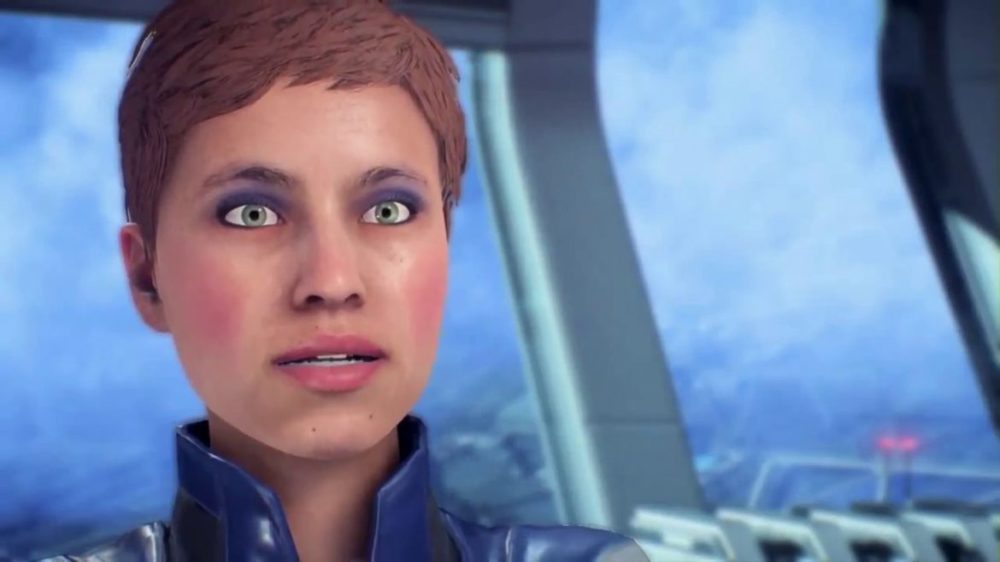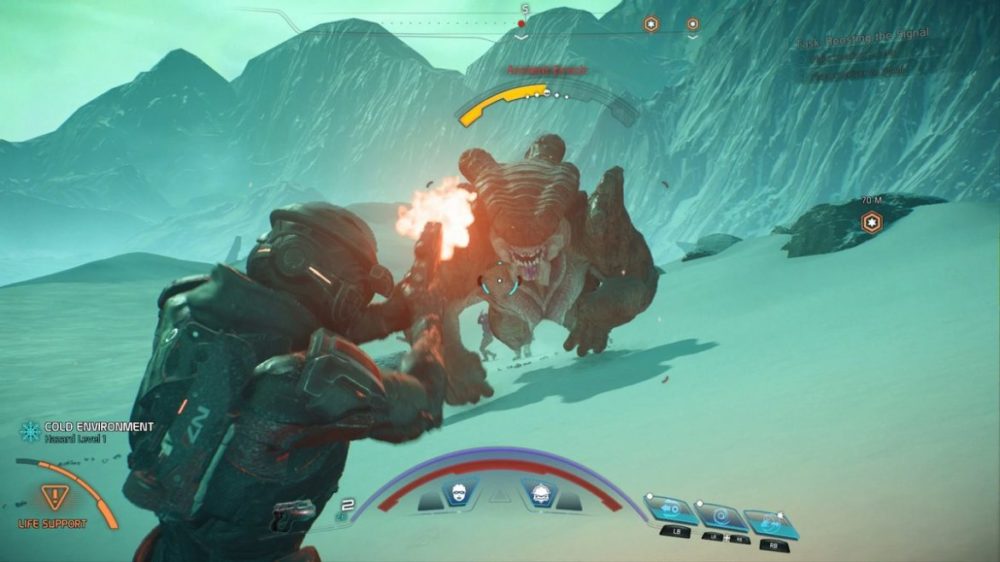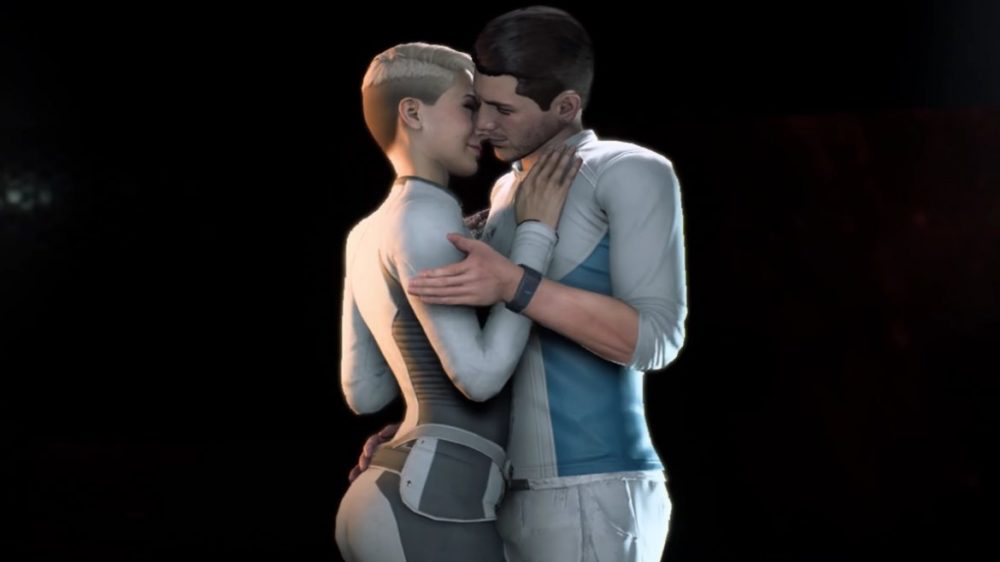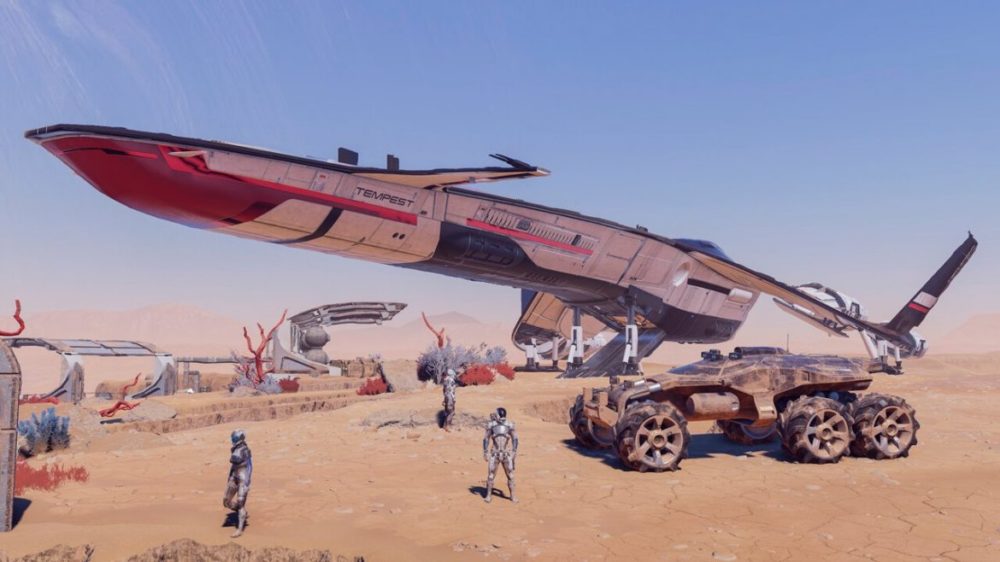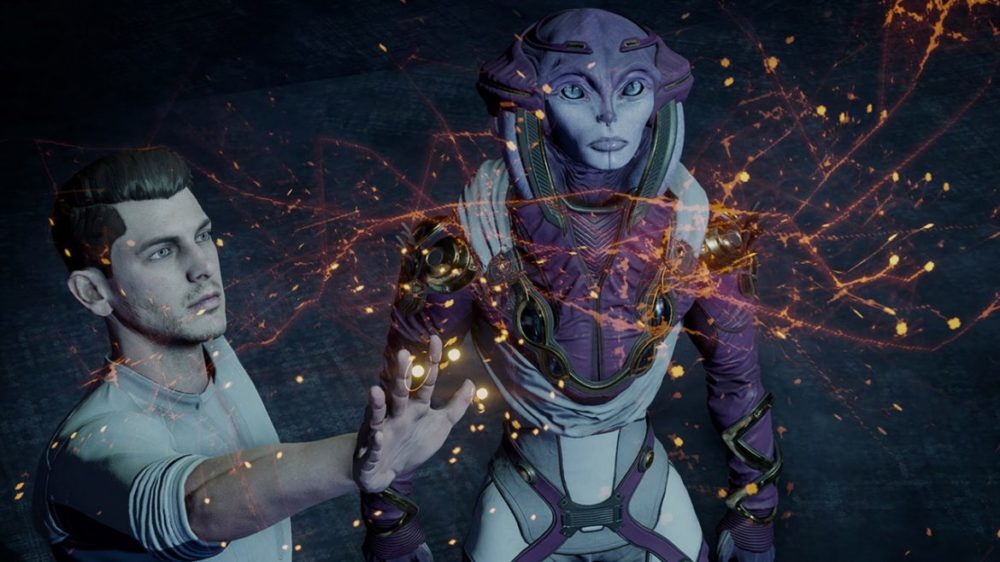TL;DR
Mass Effect: Andromeda drops you into a new galaxy as a Pathfinder tasked with finding a new home for humanity. While visually stunning in its environments, the game suffers from inconsistent character animations and technical glitches, leading to a mixed reception. Despite these issues, the core BioWare strengths of compelling narrative, engaging characters, and player choice shine through, especially in squadmate missions. If you enjoyed Dragon Age: Inquisition or are a fan of BioWare's storytelling, this ambitious reboot might be worth exploring. Dive into the full review to see if Andromeda's strengths outweigh its flaws for you!
Most major game series cultivate a dedicated following. The initial three Mass Effect titles achieved significant success for BioWare on previous generation consoles and PC. Mass Effect 1-3 established a substantial fan base over the years; however, as the saying goes, the greater the ascent, the harder the fall. Online feedback for Mass Effect: Andromeda (essentially Mass Effect 4) has been mixed and largely underwhelming. In some respects, Mass Effect: Andromeda represents a reboot of the franchise. Commander Shepard is situated 2.5 million light-years distant, with twins Sara and Scott Ryder assuming the leading roles. The Unreal 3 engine has been superseded by Dice / EA’s Frostbite engine, which has rendered visually impressive results in titles such as Battlefield 1 and Star Wars: Battlefront.
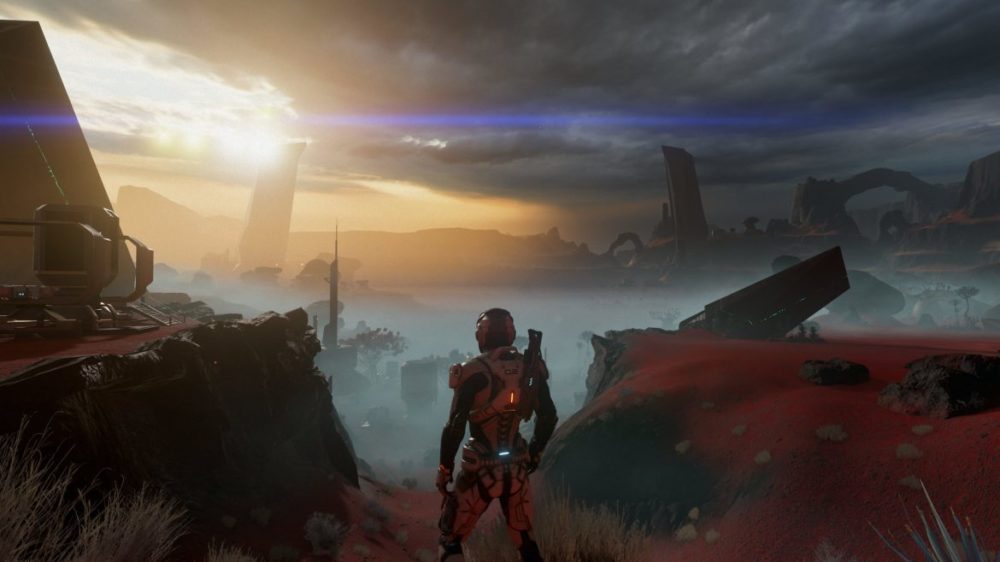
Many of the environments and celestial bodies in Mass Effect: Andromeda are visually striking (particularly in HDR on PS4 Pro)…
Recognizing that expectations heavily influence experiences (lower expectations increase the likelihood of pleasant surprise, and vice versa), we tasked Anders, a member of the senses.se editorial team and a Mass Effect newcomer, with evaluating Andromeda. This review, therefore, reflects the perspective of an individual *unburdened by pre-existing expectations*. Let’s proceed.
Mass Effect: Andromeda is set approximately 600 years after the original trilogy, as revealed in the introduction. Humanity has departed the Milky Way galaxy, journeying to the neighboring Andromeda galaxy, approximately 2.8 million light-years away. Aboard the massive vessel Hyperion, 20,000 individuals are in cryosleep, awaiting awakening on a pre-scouted planet intended as their new home. However, unforeseen complications arise. The awakening is turbulent, and the designated planet proves hostile and uninhabitable. The player, assuming the role of either Sara or Scott Ryder, is designated the “Pathfinder”—the designated explorer tasked with discovering a new home for humanity and investigating the events that have fractured the once-peaceful galaxy.
Players familiar with the critically acclaimed Dragon Age: Inquisition will recognize several elements within Mass Effect: Andromeda. Beyond the similar game mechanics, the narrative echoes the “hero of Andraste” archetype: an unwitting and somewhat reluctant protagonist who must rise to the challenge and restore order. MEA is a role-playing adventure incorporating action elements, an emphasis on expansive open-world environments, and certain puzzle and arcade elements, such as firearm combat and utilizing cover. The difficulty of the arcade elements can be adjusted to a minimal level, enabling players to prioritize the story and adventure (however, a turn-based strategy mode, as featured in Inquisition, is absent).
As with previous installments, Mass Effect: Andromeda’s strength lies in its narrative and the potential for a personalized adventure. Players can respond with varying approaches and pursue relationships with many characters within the game. The intention is for romance and subtle eroticism to enhance the gaming experience.
Andromeda has faced criticism, justifiably, regarding its presentation and various bugs. This is a large-scale game that has been in development for an extended period; however, it exhibits several minor issues affecting both the graphics and the gameplay. The graphical presentation is inconsistent: planets and celestial bodies exhibit impressive visuals on PS4 Pro, while character models appear stiff, clumsily animated, and artificial, particularly concerning the eyes and hair. The unevenness of Andromeda is notable. The Frostbite engine demonstrates its capabilities, as evidenced in FIFA 17, among other titles, which is visually exceptional on PS4 Pro (in 4K). In contrast, Andromeda occasionally suffers from stiffness and unnatural character movements, with characters sometimes exhibiting crossed eyes. While the extensive dialogue and numerous characters are generally well-acted and produced, Mass Effect: Andromeda sometimes conveys the impression of being released prematurely and requiring additional polish.
Nevertheless, BioWare’s core strengths remain: compelling narratives, engaging characters, and player agency. Some side missions can become repetitive, involving tasks such as photographing plants or locating book pages. However, it is recommended to become fully immersed in the game and undertake squadmate-specific missions, which enhance relationships and provide additional depth to the story. At its best, Andromeda is both captivating and immersive, with a cinematic presentation maintained throughout the game. The graphical inconsistencies are noticeable but can be somewhat overlooked.
As we do not conduct PC testing, we cannot comment on the PC gaming experience. On consoles, the PS4 Pro offers the superior experience, provided the user owns the platform. The Xbox One experiences frame rate drops and screen tearing and lacks dynamic scaling up to 4K and HDR, features supported by the game. The PS4 Pro also occasionally struggles with frame rates; a 1080p mode with a stable 60 fps might be desirable and potentially addressed in future updates.
In conclusion, despite the inconsistent technical execution, the journey through the Andromeda galaxy was enjoyable. Several characters, missions, and storylines have remained memorable, and the overall experience is considered positive. While I cannot assess how well the game meets exceptionally high expectations, I recommend it to enthusiasts of BioWare titles and Dragon Age: Inquisition in particular.


